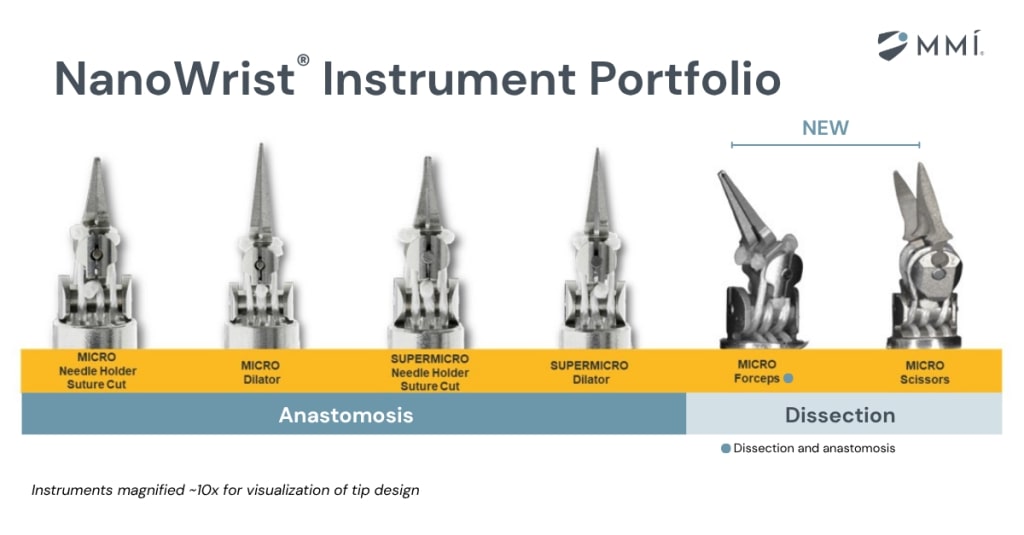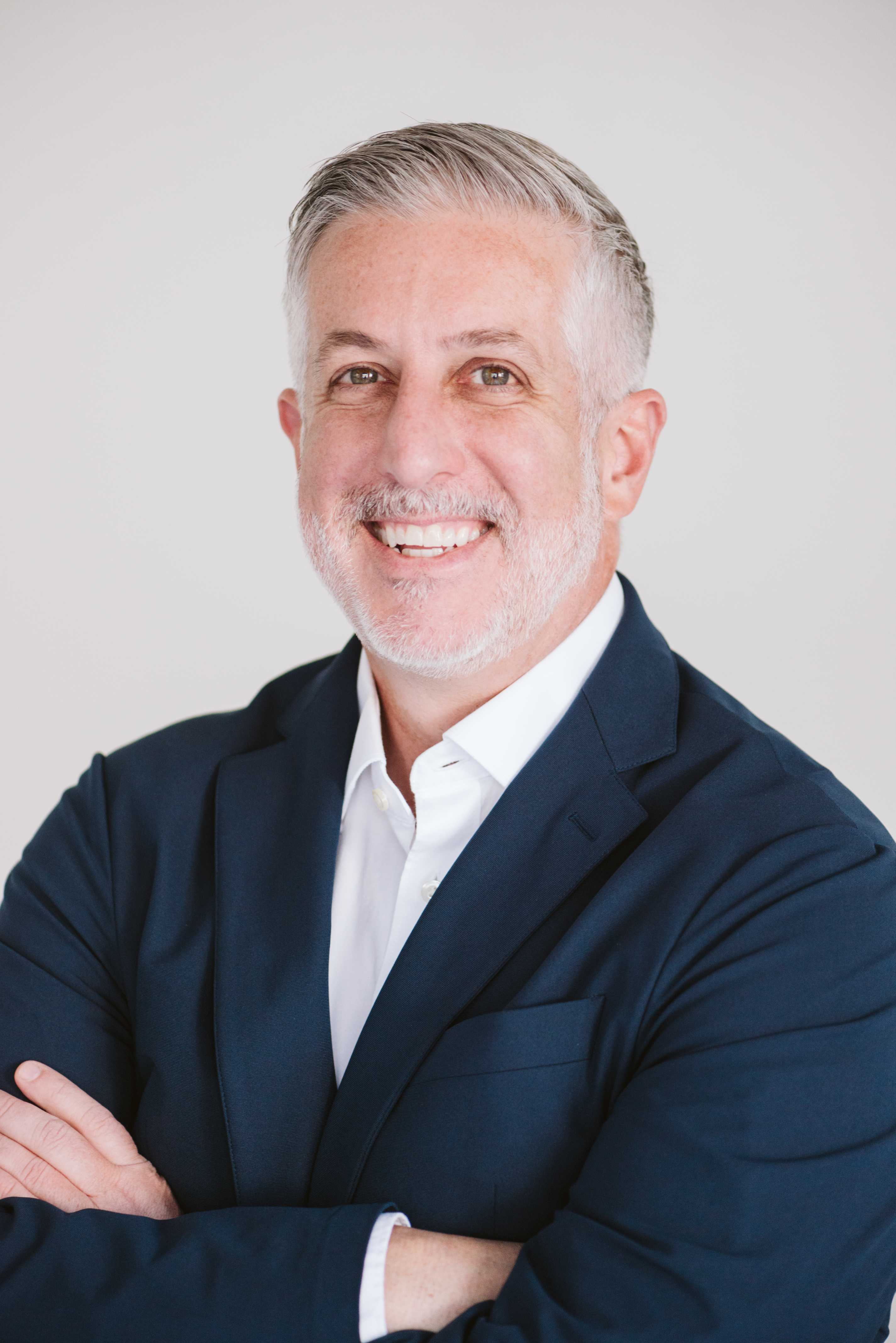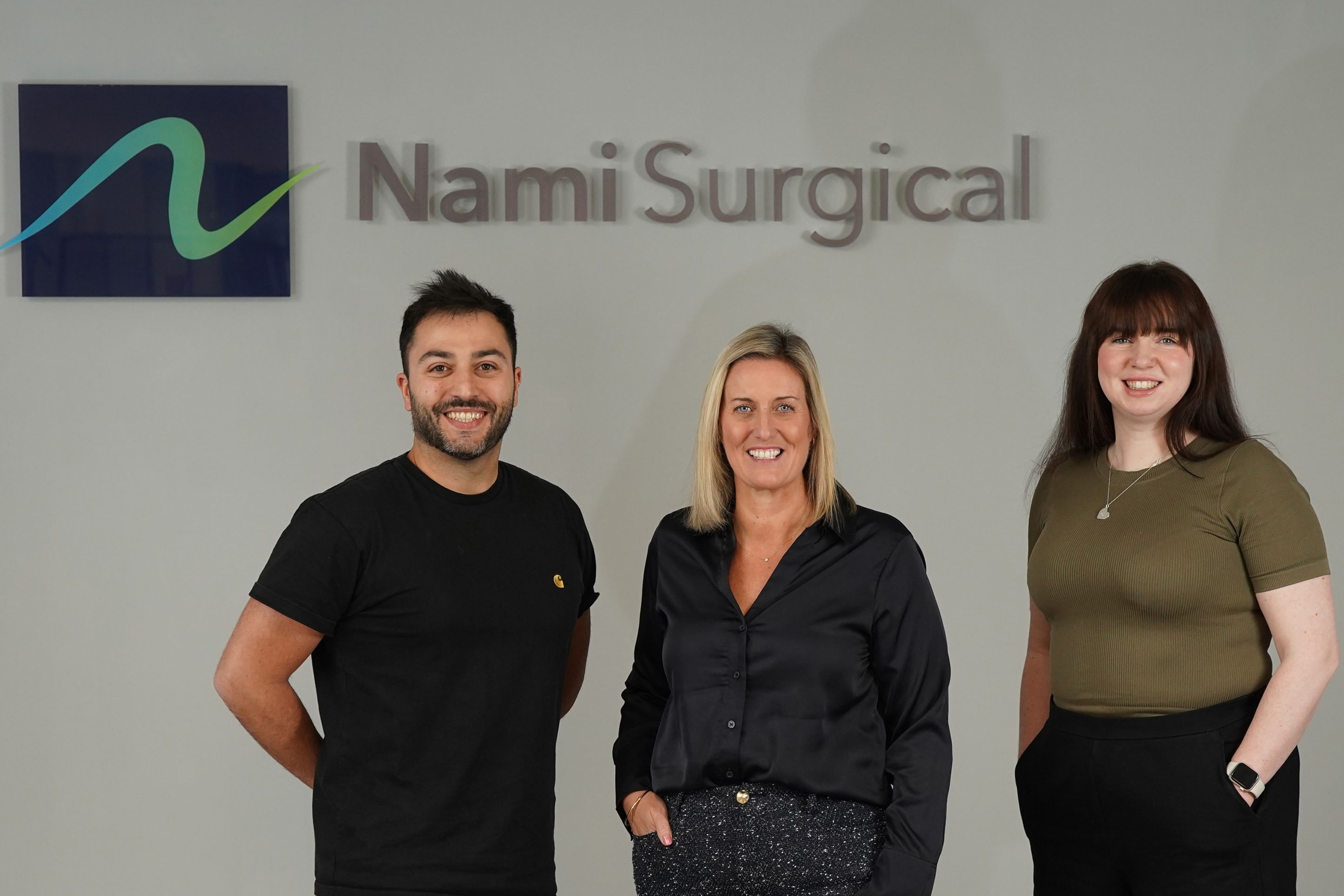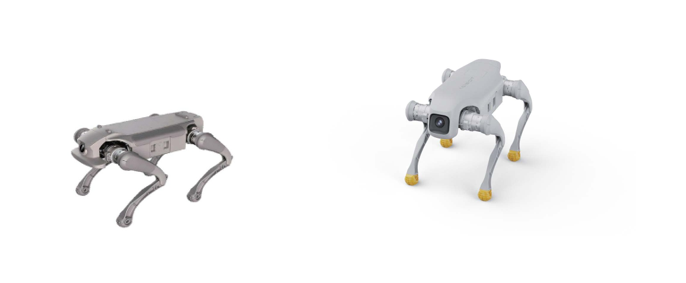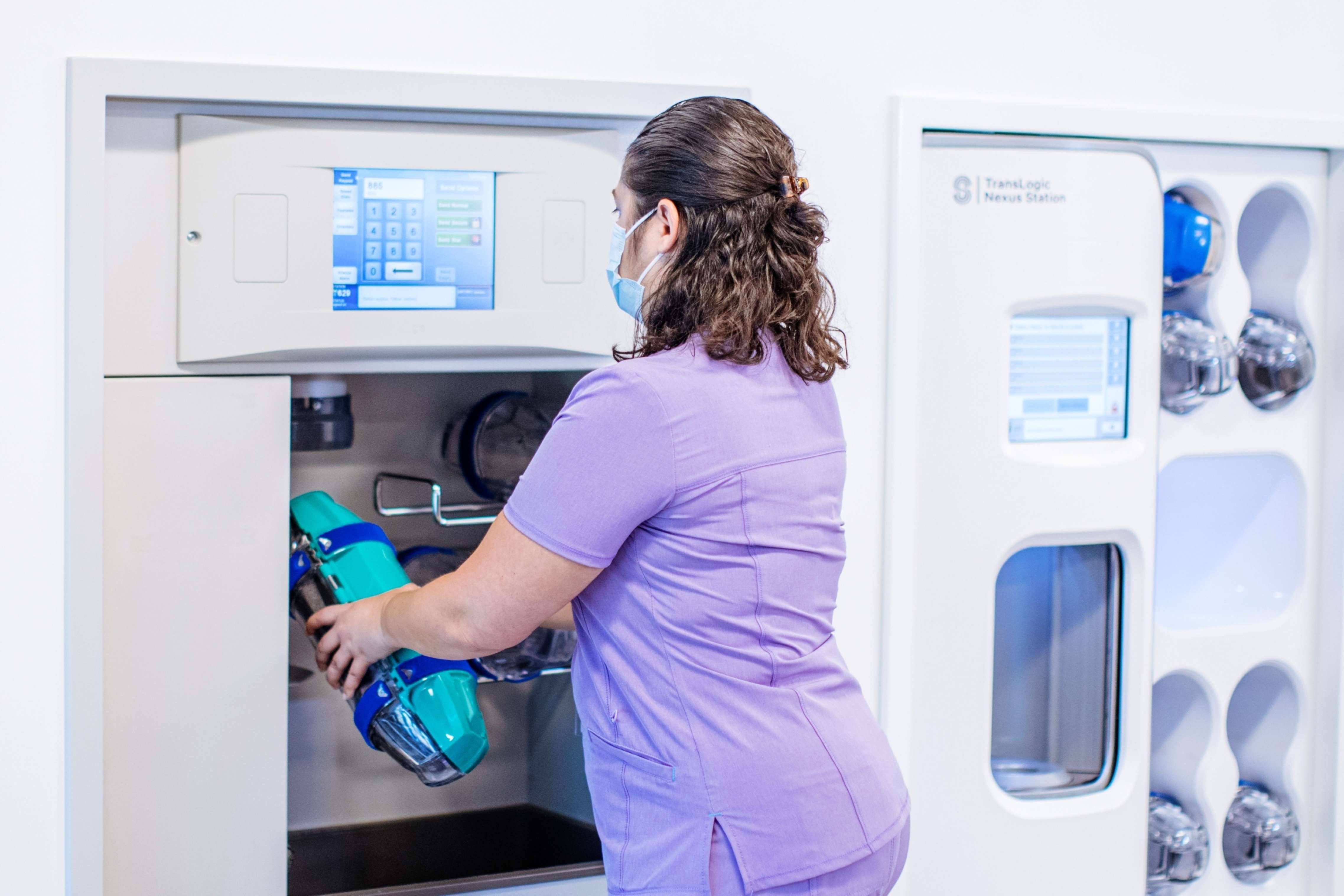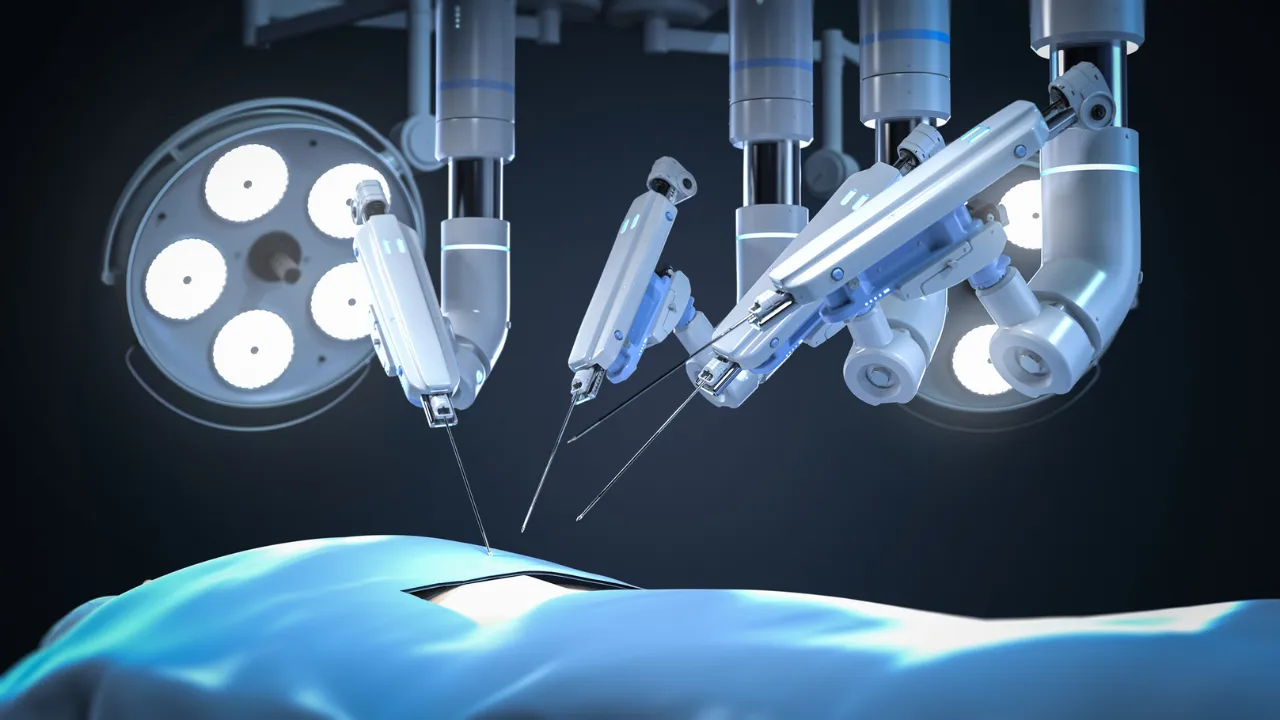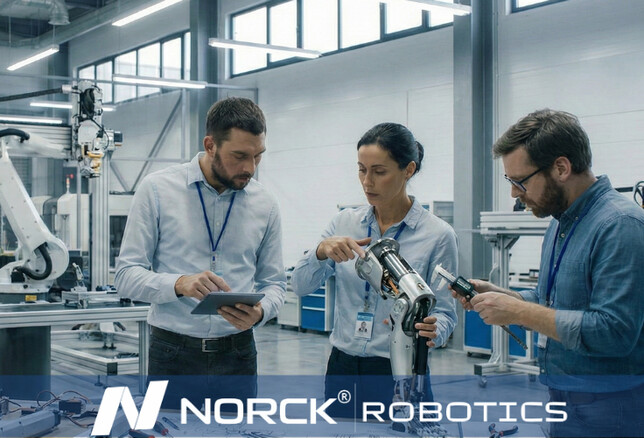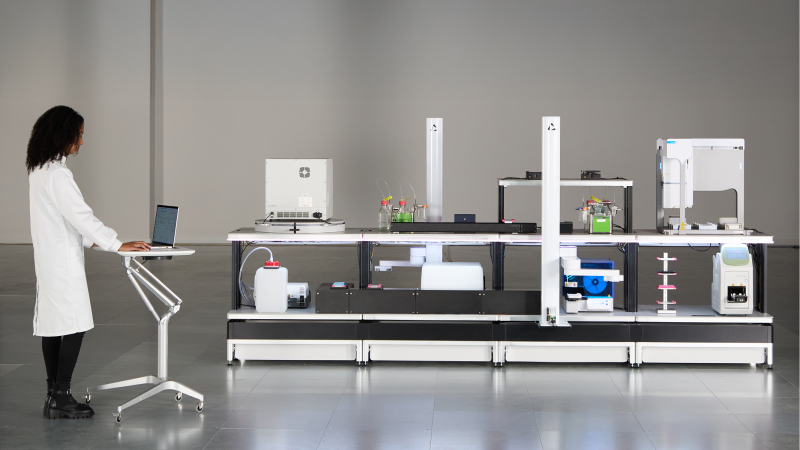MMI Announces First Clinical Use of Breakthrough Technologies in Robotic-Assisted Microsurgery
The Royal Marsden NHS performs the inaugural procedure using MMI’s new NanoWrist™ dissection instruments and Synaptix™ Digital Surgery Platform, marking a major milestone in expanding the capabilities of the Symani® Surgical System and advancing precision in open microsurgery.
Image Courtesy: Public Domain
MMI (Medical Microinstruments, Inc.), a robotics company dedicated to increasing treatment options and improving clinical outcomes for patients with complex conditions, today announced the first clinical use of two new technologies that expand the potential of robotic-assisted microsurgery: the NanoWrist dissection instruments and the Synaptix Digital Surgery Platform. Performed by The Royal Marsden NHS Foundation Trust in London, a leading cancer center, the case marks a significant milestone in the evolution of robotic-assisted microsurgery, enabling precise tissue dissection and integrated digital workflow for the first time with the Symani® Surgical System.
The NanoWrist dissection instruments include scissors and forceps and are the world’s first fully wristed robotic instruments designed specifically for dissection in open microsurgery. The scissors enable delicate and precise dissection of soft tissues during tasks such as vessel preparation and tissue resection, while the forceps allow for gentle vessel handling and fine manipulation — supporting reduced trauma and improved outcomes across applications such as breast reconstruction, lymphedema repair, and head and neck surgery.
Synaptix is MMI’s newly introduced digital surgery platform, a data-driven system purpose built to work with Symani to deliver visual enhancements and workflow efficiencies that support the entire surgical team. It is the first digital platform built specifically for open microsurgery and is intended to reduce variability, streamline case setup, and improve autonomy in the OR.
“Dissection and digital surgery capabilities are critically important ‘firsts’ for MMI as we continue to push the boundaries of what is possible in robotic microsurgery, moving beyond anastomosis into other areas of open procedures,” said Mark Toland, CEO of MMI. “Our expanding portfolio of products is evolving into a comprehensive solution that empowers surgeons to do more — with greater precision and control — across more of the procedure. These advancements reflect our commitment to delivering innovation that transforms care, enhances surgical performance, and ultimately helps restore quality of life for more patients around the world.”


